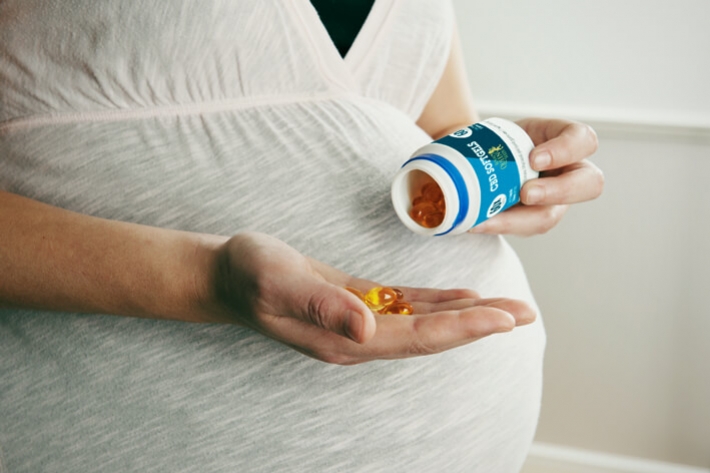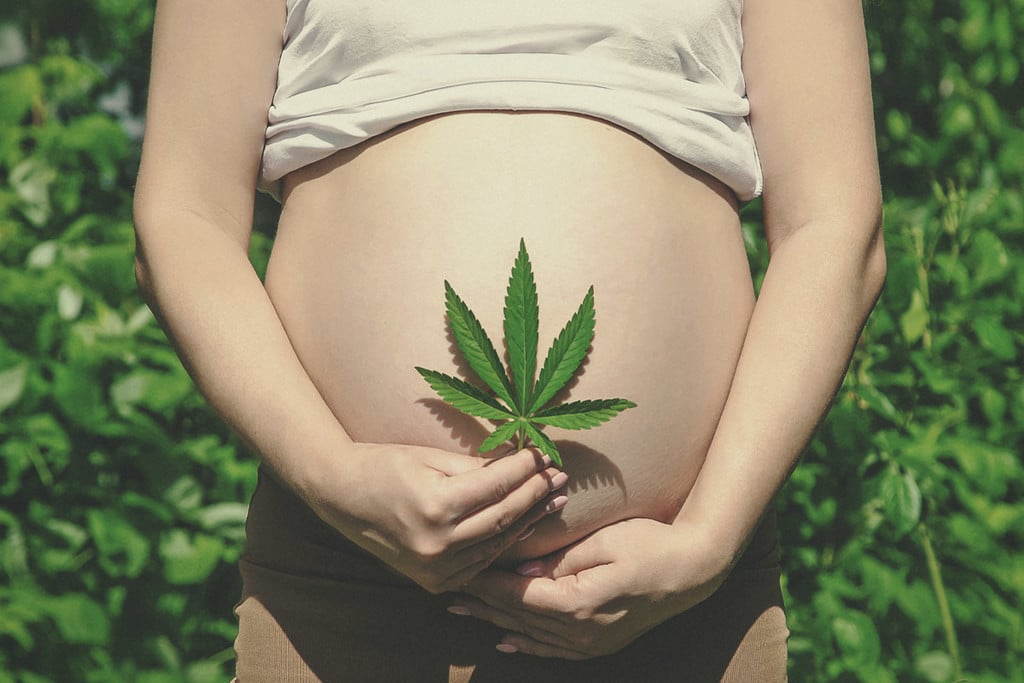.

Cannabis and Fertility: What You Need To Know
What is the impact of weed on fertility? This article delves deeper into the link between the two, and looks to determine whether or not marijuana is ultimately beneficial or destructive to male and female fertility.
Contents:
Just like any cannabis advocate pushing for its benefits, critics tend to be more vocal about its detrimental effects. One of the arguments made against marijuana is its purported influence on fertility.
Try doing a Google search on “marijuana and fertility”. The first page alone will render a list of articles, both informal and scholarly, about a supposed connection. If you read through these articles, you’ll mostly find messages highlighting the multiple cannabis adverse reactions[1].
But what is the real deal here? Does marijuana cause infertility? Can smoking weed affect sperm count and quality? Should this be cause for legitimate concern?
These are all valid questions that definitely need answers. With the help of recent studies, we’ll shed some light on this often debated topic.
The Link Between Cannabis and Fertility
Fertility is not necessarily a straightforward concept to consider. Many factors influence male and female fertility, and the reproductive system itself is complex. To put it simply, male fertility hinges on the ability to produce viable sperm, while female fertility is largely about successful ovulation.
Numerous biological processes influence the reproductive system and fertility, and the endocannabinoid system (ECS) is expressed within the reproductive organs. So it is easy to expect that some cannabis-derived molecules—any and in particular the cannabinoids, interact with the ECS and sexual organs to some degree.
Anyone who’s performed even basic research on cannabis is likely familiar with the endocannabinoid system. Experts define it as a “complex cell-signalling system” that runs throughout multiple organs. Ultimately, the ECS helps to maintain homeostasis (dynamic equilibrium in the body) and regulate a whole host of processes, potentially even those of the reproductive system.
To start, the ECS is suggested to potentially play a major part in maintenance, implantation and even pregnancy in some vertebrates. Evidence [2] of the ECS has been found in some tissues from female reproductive organs, although it's yet unclear to what degree, and the implications of this.
In males, however, the relationship is a bit more evident. In a 2019 study[3], experts discovered the presence of a fully expressed endocannabinoid system in the human testes—including endocannabinoids, CB1 and CB2 receptors, and enzymes—hinting that the system may play a significant role in male fertility.
With this connection, experts have begun to delve into the effects of cannabis on reproductive system function. And in the following sections, you will see how cannabis use could plausibly affect both male and female fertility.
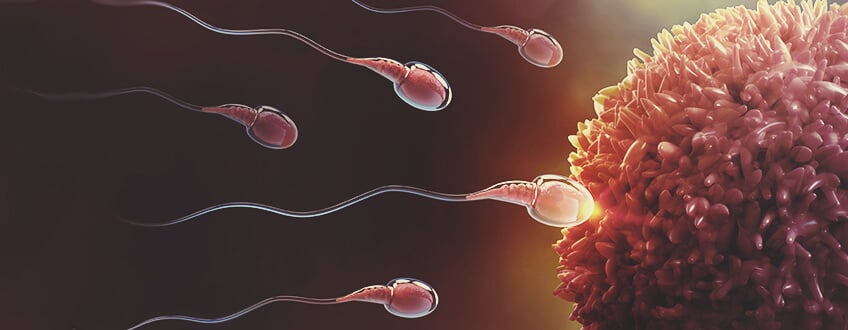

How Could Cannabis Affect Fertility?
Let’s break things down a little further. We’ve briefly talked about the potential link between cannabis and fertility. Now, let’s take a much deeper dive into how cannabinoids could affect the reproductive system.
We’ll divide this topic to distinguish the possible effects on male and female fertility.
Male Fertility
When it comes to cannabis use and male fertility, the findings haven’t been very encouraging. Current research suggests that marijuana potentially exerts a negative impact.
As such, clinicians and other experts are urged to be aware of such plausible effects when prescribing medical cannabis. Also, one's degree of cannabis use is suggested as a potential component to complete a male infertility examination.
-
Sperm Count
Based on recent studies, experts have associated cannabis use with a reduction in both sperm count and concentration. These findings were observed in both human and other animal subjects.
Take this study[4] from 2011 performed on adult male mice. Each one was fed with bhang, a form of edible cannabis, for 36 straight days. This experiment found that chronic bhang intake showed “regressive changes in the testis”. At the same time, the subjects were found to have “suppressed sperm count, viability, and motility”.
A similar study[5] was performed on 1,215 Danish men aged 18 to 28 between 2008 and 2012. 45% of the participants smoked marijuana within the last three months since the test was conducted.
Here, researchers found a connection between smoking once per week and a potential reduction in sperm count of 29%. They also associated cannabis use with a 28% reduction in sperm concentration.
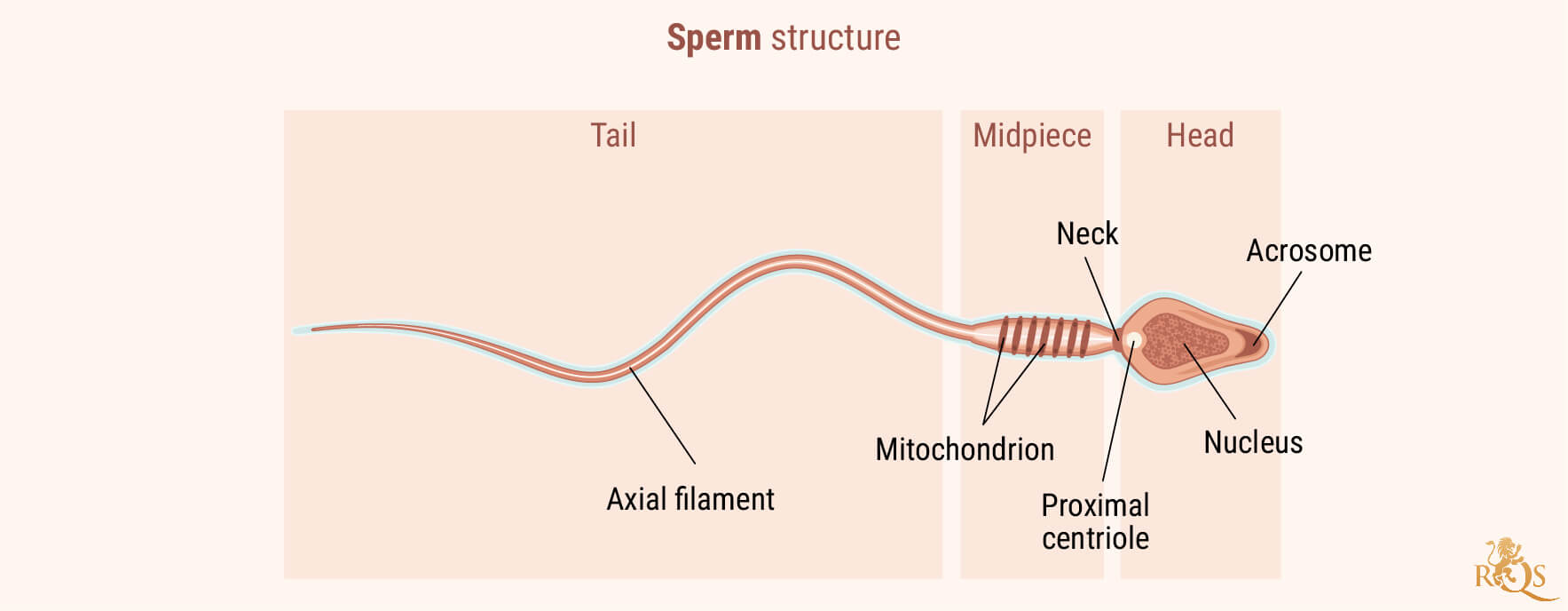
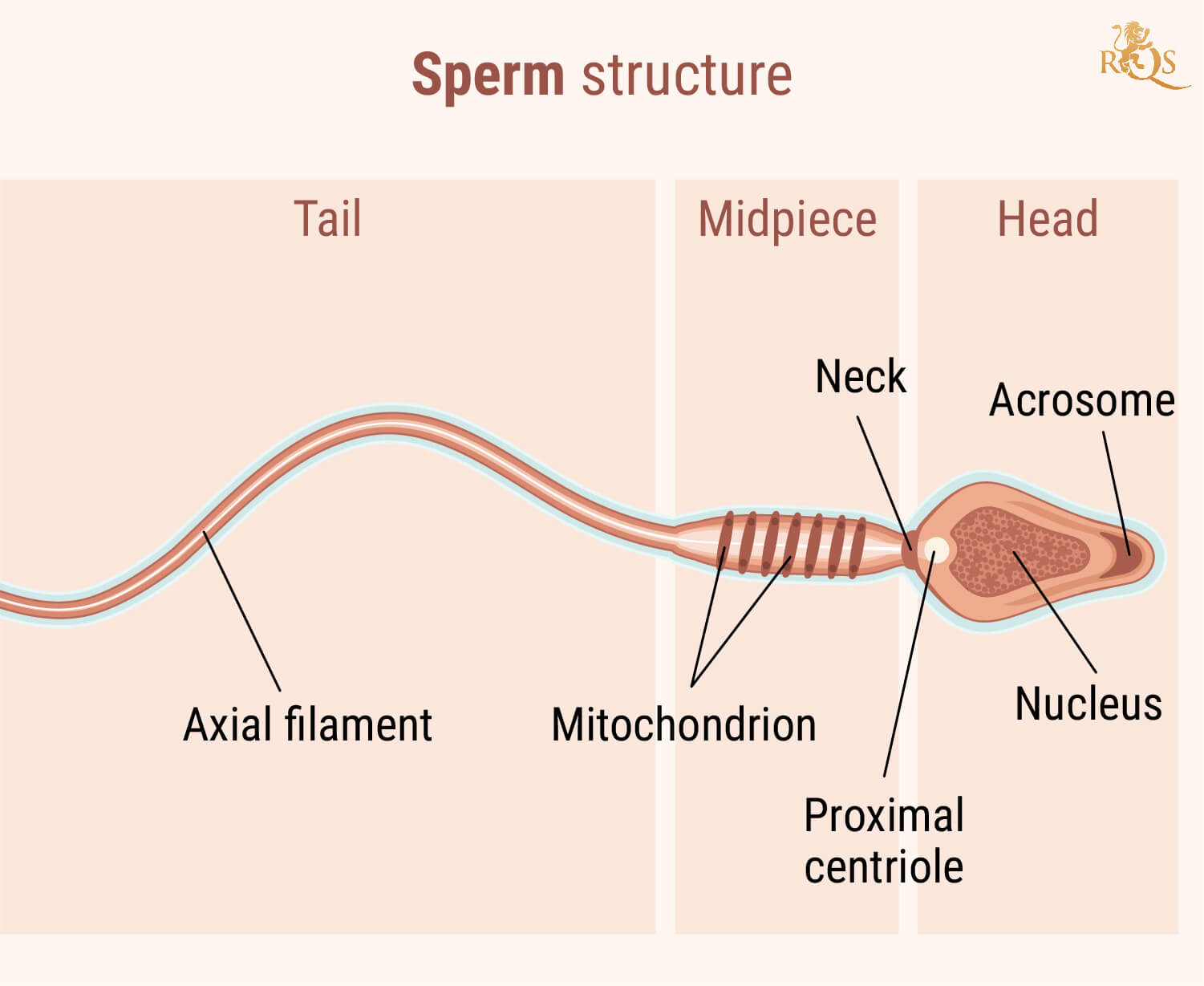
-
Sperm Motility
Sperm motility measures the ability of the sperm to move or “swim” properly toward the egg. Sperm cells with a low motility rate are unable to reach the egg, and therefore hinder the possibility of fertilisation.
With this one, the results are also on the negative side. Take this 2006 study[6] on 78 patients who agreed to have their sperm samples incubated with THC. Each sperm sample was divided and separated into fractions; into 90% (best quality sperm) and 45% fractions (low quality sperm), and doses were administered at therapeutic and recreational levels.
For the 90% fractions, progressive motility showed a decrease of 2–21%. For the 45% fractions, the decrease was even greater at 28%. Straight line velocity and the average path velocity also were reduced in both fractions.
-
Libido
Libido, of course, is the measure of one’s sex drive. It is primarily motivated by three main factors: learned or social behaviour, brain function, and hormone levels. Unlike sperm count and motility, findings on the effects of cannabis on male libido lean both ways. One study[7], published in 2017, showed that weekly sexual frequency for male marijuana users was 95% higher than their non-smoking counterparts.
However, this 2009 study[8]also found a link between THC use and a potentially detrimental effect on sexual motivation and erectile function. Hence, these apparently contradictory data show that more studies in this field are required.
-
Hormones
Given the diversity of findings in other facets of male fertility, the results concerning hormones were quite interesting.
Focusing on a 2017 study[9] involving 1,577 participants of varying ages, serum testosterone levels were measured among cannabis users and "never-users". At the time of the experiment, over 26% of participants were using cannabis, and over 66% had used cannabis before.
In most participants, experts found no difference in serum testosterone levels between users and never-users. It was only when the study focused on the 18–29 age group who had used cannabis recently that they found a more significant relationship between serum testosterone level and marijuana use.
Female Fertility
Now, let’s switch over to the women. The only difference here is marijuana’s potential effect on ovulation, but we’ll also be looking at its effect on female hormones and libido.
-
Ovulation
A 2020 study[10] suggests an adverse effect of THC on female eggs.
The experiment involved the treatment of embryos with THC concentrations equivalent to recreational and therapeutic doses.
Findings suggest that higher THC concentrations led to poorer quality eggs, potentially hindering the likelihood of producing viable embryos.
As these embryos have less likelihood of going past the first week of development, this can ultimately result in infertility.
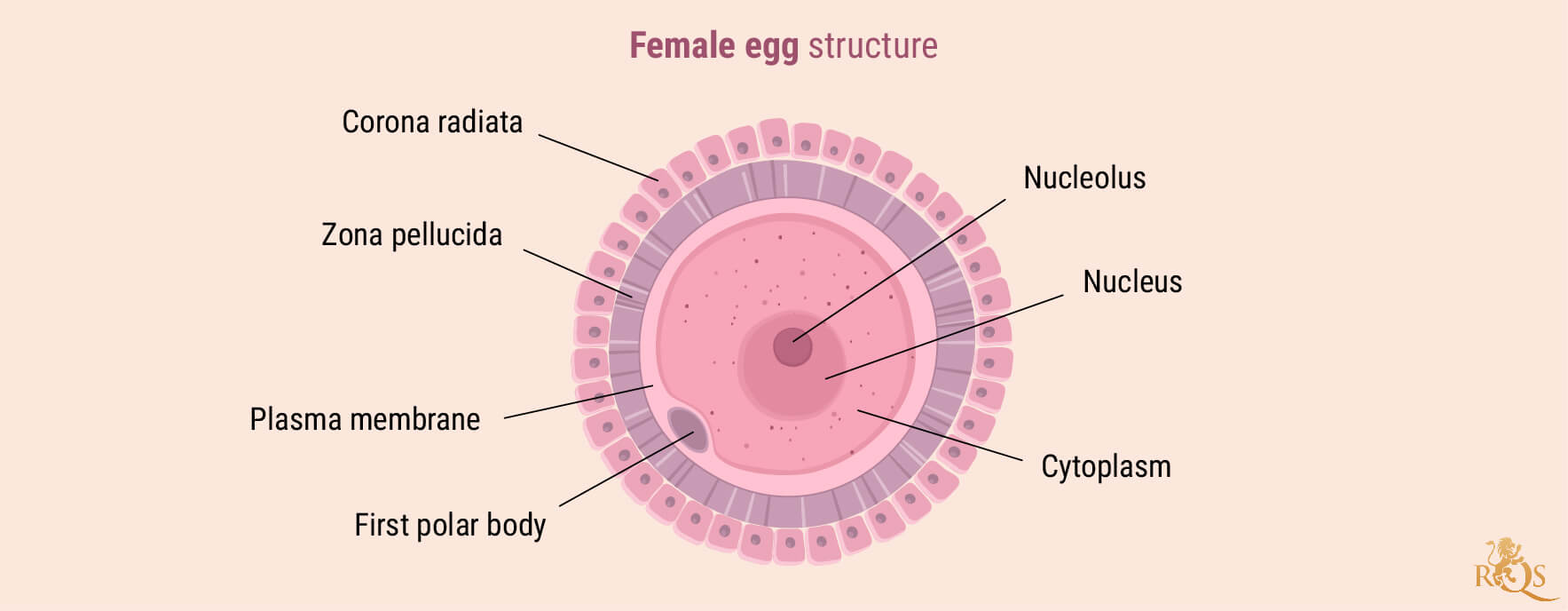
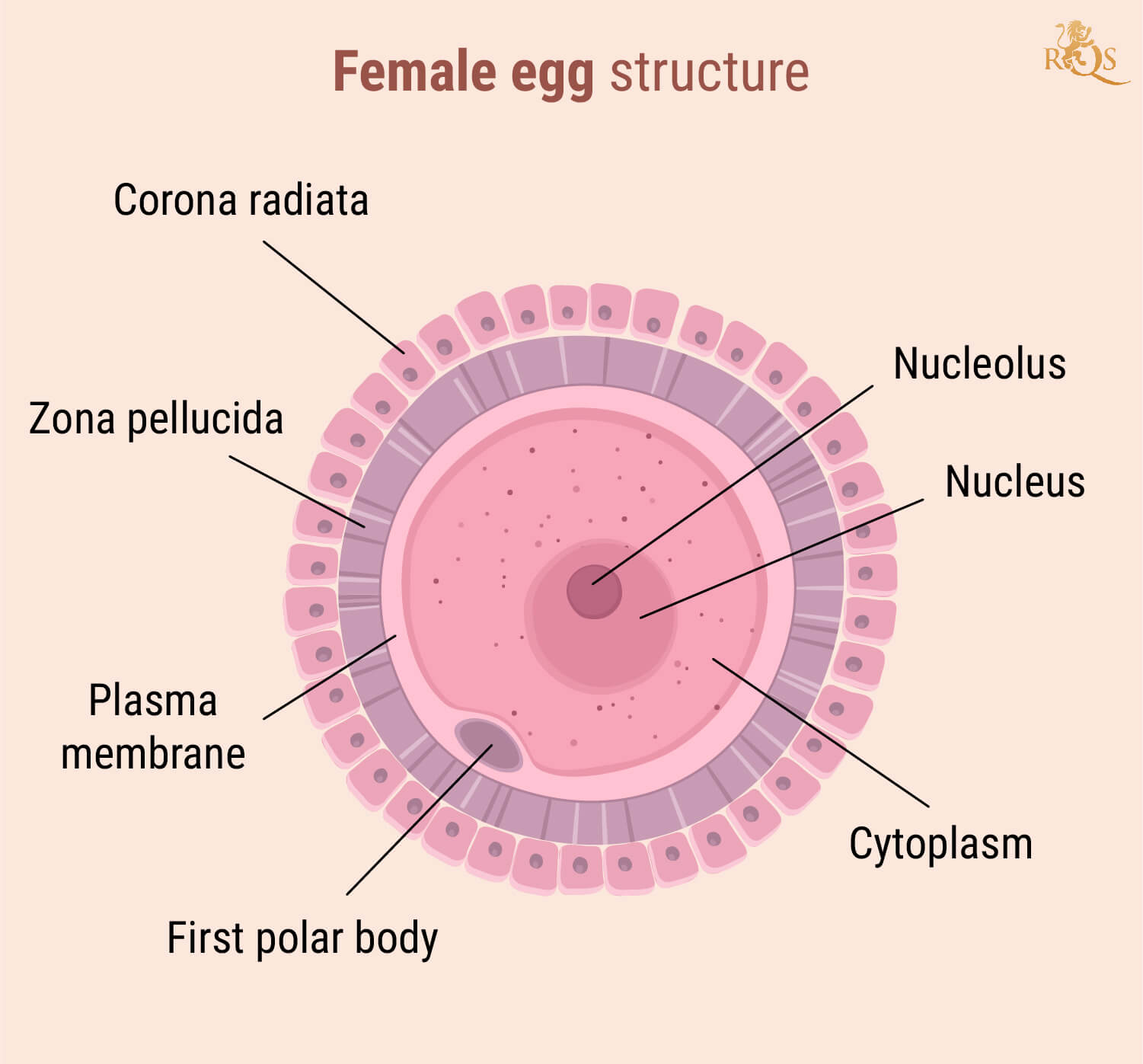
-
Libido
For marijuana and female libido, most findings point to the positive. First, let’s take a look at this 2020 retrospective survey[11] observed on 373 participants.
Part of the purpose of this study was to evaluate women’s general perception of cannabis use before sex. Most participants reported an increase in sex drive, a decrease in pain, and an improvement in the quality of their orgasms with low cannabis doses. To put it in perspective, those who used marijuana in fewer doses before sex experienced higher odds of “satisfactory” orgasms. Otherwise, higher doses produce just the opposite.
-
Hormones
Findings in regard to female hormones and cannabis use are generally adverse. As this 2016 study[12] points out, there is evidence to suggest that marijuana “can reduce female fertility”.
According to this piece of research, it happens through a potential disruption in the flow of gonadotropin-releasing hormones, which then results in reduced production of both estrogen and progesterone—both of which are key hormones in reproduction
Should You Use Cannabis When Trying To Conceive?
A 2021 NIH study[13] found a link between cannabis use and miscarriages. Data was gathered from 1,200 participants aged 18 to 40 with at least one pregnancy loss.
It was found that those who used cannabis while trying to conceive were “41% less likely” to be successful. At the same time, a smaller percentage of female cannabis users (44%) got pregnant than non-users (66%).
It’s important to note that any existing fertility issues may be exacerbated by cannabis use, especially during conception.
Cannabis and CBD Use During Pregnancy
If we’re talking about using THC during pregnancy, experts generally advise against it. The US Centers for Disease Control[14] (CDC) points to research connecting cannabis use while pregnant to potential problems in newborns. One possible issue is low birth weight. The CDC also invokes research findings on learning problems in children whose mothers used cannabis during pregnancy.
But what about CBD? It is usually framed as the "safe" cannabinoid, but is it OK to use during pregnancy?
Concrete studies have yet to be done on human subjects. However, based on experiments performed on female rodents administered CBD during pregnancy, there's a possibility (ca. 20%) of facial deformities[15] forming in the offspring.
The effect of CBD on pregnant human subjects could be entirely different, but these findings are definitely worth taking note of.


Marijuana and Fertility — Much More To Learn
These findings are all backed up by extensive research and experiments. But even so, more studies are needed to arrive at a definite conclusion.
Many studies, along with conventional wisdom, would point to the likelihood of THC adversely affecting fertility. However, recent studies[16] have deemed the findings on cannabis use and its plausible negative effects on male reproductive health, specifically, to be inconclusive. Although they recognize the expression of the ECS in the testes, the researchers admit there’s not enough evidence to suggest cannabis has a harmful effect on male fertility or sexual function.
However, in case of any doubt, your best bet is to consult a professional. But if we’re talking about marijuana use during pregnancy, you’re likely better off erring on the side of caution.
- The use of cannabis and perceptions of its effect on fertility among infertility patients https://www.ncbi.nlm.nih.gov
- The role of the endocannabinoid system in female reproductive tissues | Journal of Ovarian Research | Full Text https://ovarianresearch.biomedcentral.com
- Characterisation and localisation of the endocannabinoid system components in the adult human testis | Scientific Reports https://www.nature.com
- Effects of chronic bhang (cannabis) administration on the reproductive system of male mice - PubMed https://pubmed.ncbi.nlm.nih.gov
- Association Between Use of Marijuana and Male Reproductive Hormones and Semen Quality: A Study Among 1,215 Healthy Young Men - PubMed https://pubmed.ncbi.nlm.nih.gov
- Effects of delta-9-tetrahydrocannabinol, the primary psychoactive cannabinoid in marijuana, on human sperm function in vitro - PubMed https://pubmed.ncbi.nlm.nih.gov
- Association Between Marijuana Use and Sexual Frequency in the United States: A Population-Based Study https://www.jsm.jsexmed.org
- Male-female differences in the effects of cannabinoids on sexual behavior and gonadal hormone function - PubMed https://pubmed.ncbi.nlm.nih.gov
- Marijuana use and serum testosterone concentrations among U.S. males https://www.ncbi.nlm.nih.gov
- Marijuana may impair female fertility https://www.sciencedaily.com
- Effects of Cannabinoids on Female Sexual Function https://www.sciencedirect.com
- Focus: Sex and Gender Health: Marijuana, the Endocannabinoid System and the Female Reproductive System https://www.ncbi.nlm.nih.gov
- NIH study suggests using cannabis while trying to conceive may reduce pregnancy chances | National Institutes of Health (NIH) https://www.nih.gov
- What You Need to Know About Marijuana Use and Pregnancy | Fact Sheets | CDC https://www.cdc.gov
- Cannabinoids Exacerbate Alcohol Teratogenesis by a CB1-Hedgehog Interaction | Scientific Reports https://www.nature.com
- Cannabinoid signalling and effects of cannabis on the male reproductive system | Nature Reviews Urology https://www.nature.com


























